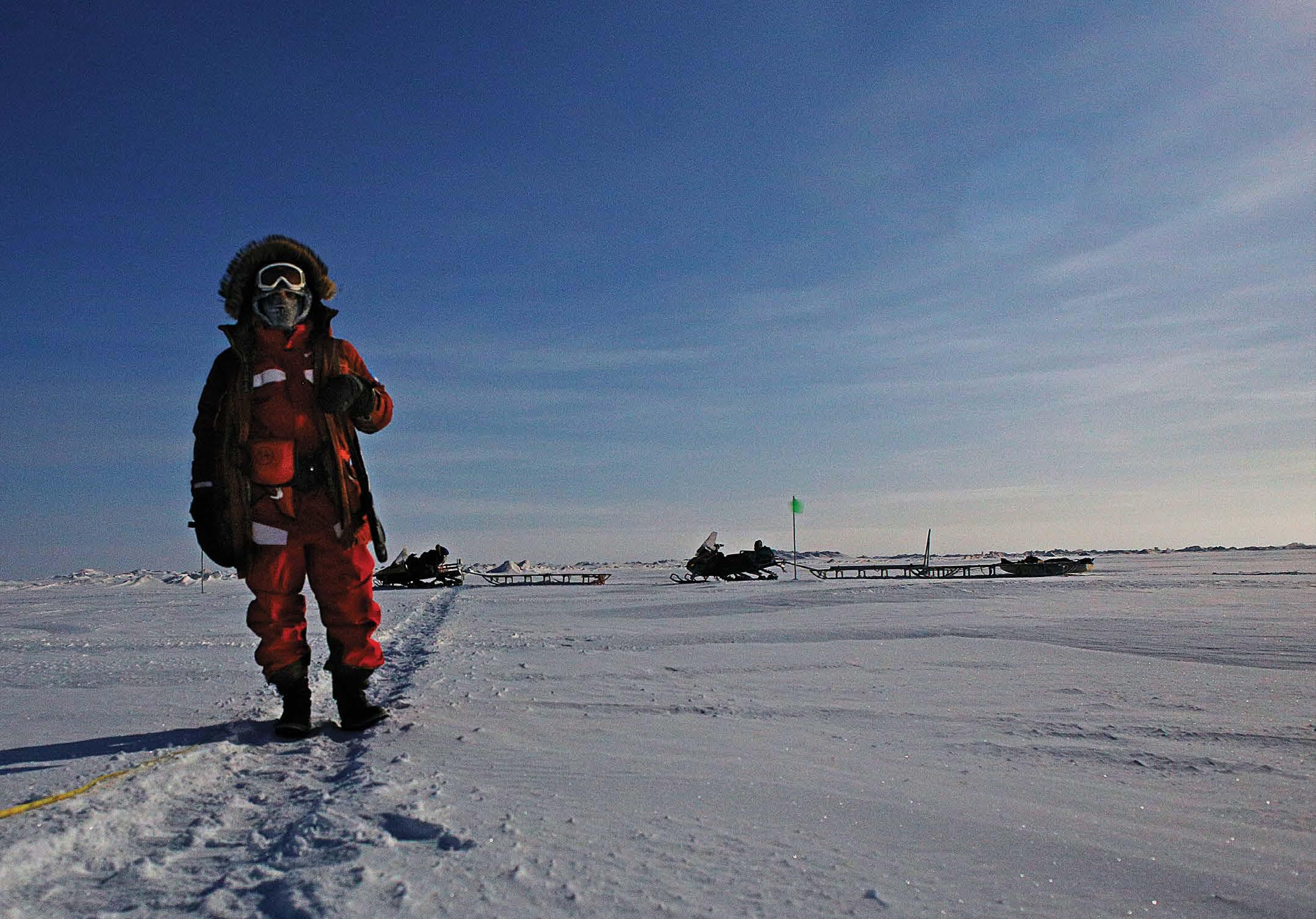
IMAGINE A WARM, summer day at Juhu Beach in Mumbai. Ocean waves crash along the shore; a balmy wind brings sea spray upon your face; the sun glimmers on the horizon. But what if the sun sets in Juhu and doesn't rise again for months? It's pitch dark all hours of the day and the sea freezes over? And you can walk, run or even drive your car across the frozen beach floating on top of an ocean. Sound surreal? Well, this is the kind of place where I've spent long stints of my professional life over the last decade or so. As a sea ice remote sensing scientist, I overwinter in the 24x7 polar darkness and frigid temperatures of six month-long nights in the Arctic and the Antarctic.
Living and working in the one of the most extreme and remote parts of the world was a happy accident. Like many middle-class Indians my age, I trained to be an electronics engineer and, after graduation, was placed in an IT company. It was dreary work and before long, I resigned. After a year-long struggle attempting to crack various PSU exams with no success, I ended up pursuing a Master's in Earth Observation Sciences from the International Institute for GeoInformation Science and Earth Observation (ITC) in the Netherlands, in collaboration with the Indian Institute of Remote Sensing, ISRO. That changed my life. I finished my degree in 18 months, and moved to the Alfred Wegener Institute for Polar and Marine Research in Germany as a research associate and started working on the Antarctic ice cap. A PhD in Geography from the University of Calgary, Canada, three more post-doctoral fellowships and 15 field seasons at the north and south Poles later, I am proud to be an experienced research scientist.
This story is from the March 2023 edition of Reader's Digest India.
Start your 7-day Magzter GOLD free trial to access thousands of curated premium stories, and 9,000+ magazines and newspapers.
Already a subscriber ? Sign In
This story is from the March 2023 edition of Reader's Digest India.
Start your 7-day Magzter GOLD free trial to access thousands of curated premium stories, and 9,000+ magazines and newspapers.
Already a subscriber? Sign In

ME & MY SHELF
Siddharth Kapila is a lawyer turned writer whose writing has focussed on issues surrounding Hinduism. His debut book, Tripping Down the Ganga: A Son's Exploration of Faith (Speaking Tiger) traces his seven-year-long journey along India's holiest river and his explorations into the nature of faith among believers and skeptics alike.

EMBEDDED FROM NPR
For all its flaws and shortcomings, some of which have come under the spotlight in recent years, NPR makes some of the best hardcore journalistic podcasts ever.

ANURAG MINUS VERMA PODCAST
Interview podcasts live and die not just on the strengths of the interviewer but also the range of participating guests.

WE'RE NOT KIDDING WITH MEHDI & FRIENDS
Since his exit from MSNBC, star anchor and journalist Mehdi Hasan has gone on to found Zeteo, an all-new media startup focussing on both news and analysis.
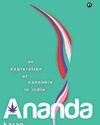
Ananda: An Exploration of Cannabis in India by Karan Madhok (Aleph)
Karan Madhok's Ananda is a lively, three-dimensional exploration of India's past and present relationship with cannabis.
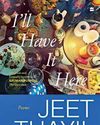
I'll Have it Here: Poems by Jeet Thayil, (Fourth Estate)
For over three decades now, Jeet Thayil has been one of India's pre-eminent Englishlanguage poets.
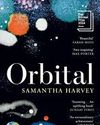
Orbital by Samantha Harvey (Penguin Random House India)
Samantha Harvey became the latest winner of the Booker Prize last month for Orbital, a short, sharp shock of a novel about a group of astronauts aboard the International Space Station for a long-term mission.

She Defied All the Odds
When doctors told the McCoombes that spina bifida would severely limit their daughter's life, they refused to listen. So did the little girl

DO YOU DARE?
Two Danish businesswomen want us to start eating insects. It's good for the environment, but can consumers get over the yuck factor?
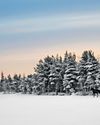
Searching for Santa Claus
Santa lives at the North Pole, right? Don't say that to the people of Rovaniemi in northern Finland